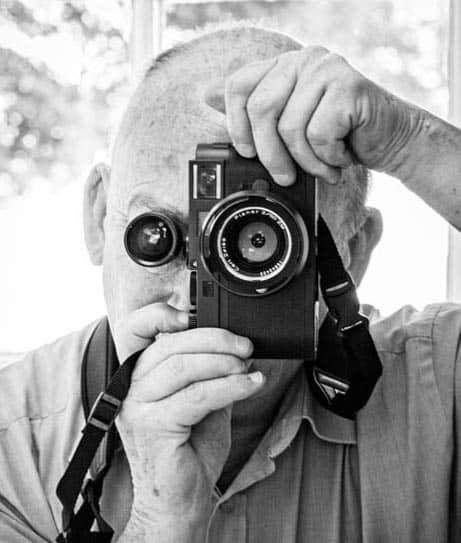Channel 4 showed a documentary a couple of days ago about cannabis. One of the commentators was Dr David Nutt, once the government’s chief drugs adviser until he suggested some decriminalisation, when he was very unceremoniously sacked. Cannabis now comes in two varieties, the original ‘hash’ and modern ‘skunk’. Skunk is a hybrid, and is certainly more dangerous than hash. Without criminalisation, skunk probably would not have been developed, according to the Channel 4 programme. Skunk was developed in the US, though I don’t quite follow the argument that it was developed because of criminalisation.
The Independent reported on the programme, here.
Dr Nutt previously classified alcohol and tobacco as much more dangerous than many illegal drugs, including cannabis, and at the end of the programme, he kept skunk where he had had hash on a scale of danger; and he moved hash to the least dangerous area.
President Nixon began the ‘war on drugs’ in 1971. It’s not been a success; it’s reckoned that 100,000 Mexicans have died in drug wars, yet demand and supply remain.
This shouldn’t come as a surprise. The US had a ‘war on alcohol’ during Prohibition. Demand continued as before, though production was then in the hands of criminals. Alcohol was available in speakeasies; there was even a supplier in Congress. Eventually, Prohibition was repealed.
It’s a really simple lesson of history; humans have needs and demands. If there is a demand for tobacco, alcohol, drugs or sex, and these are made illegal, then criminals will enter the industry and supply the goods. And what’s equally simple is that governments don’t learn the lessons of history.
Portugal was the first country to try another course (see here). If found in possession of small quantities of drugs, the person would be treated as a ‘patient’, and offered support and counselling. Of course, some expected that there would be a massive rise in illegal drug used after this decriminalisation. There wasn’t.
In the UK, the government continues with the ‘war’. However, Richard Branson and Nick Clegg have recently entered the debate, supporting decriminalisation (here). And however much I find it difficult now to support Nick, I do feel that on this he is correct.
If you aren’t winning the ‘war’, would it not make sense to admit this, to legalise but regulate—and tax—drugs which are now illegal?
The Channel 4 programme is available on 4OD for the next four weeks, here.

Robert Campbell is a retired surgeon.
Discover more from Slugger O'Toole
Subscribe to get the latest posts to your email.